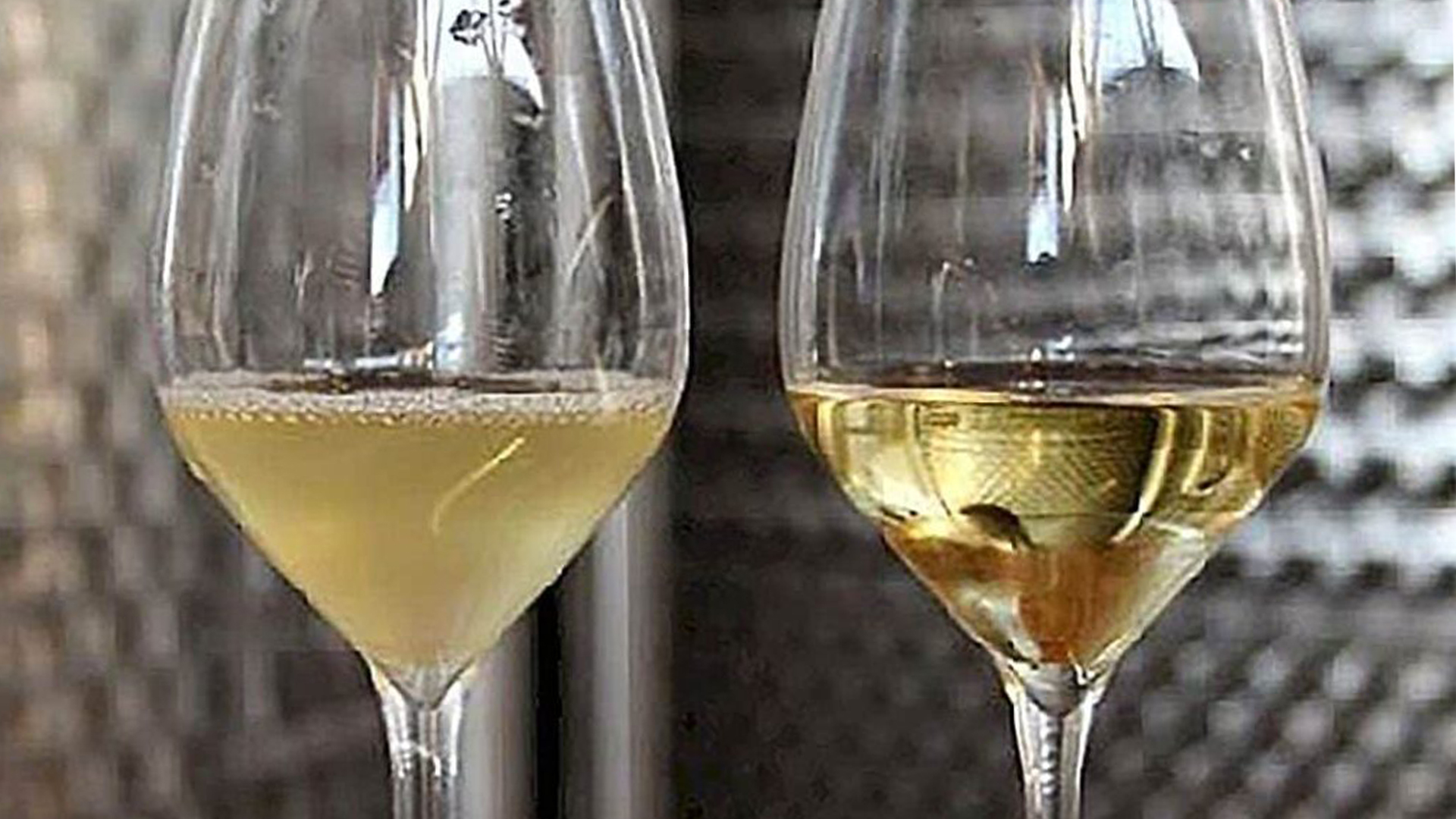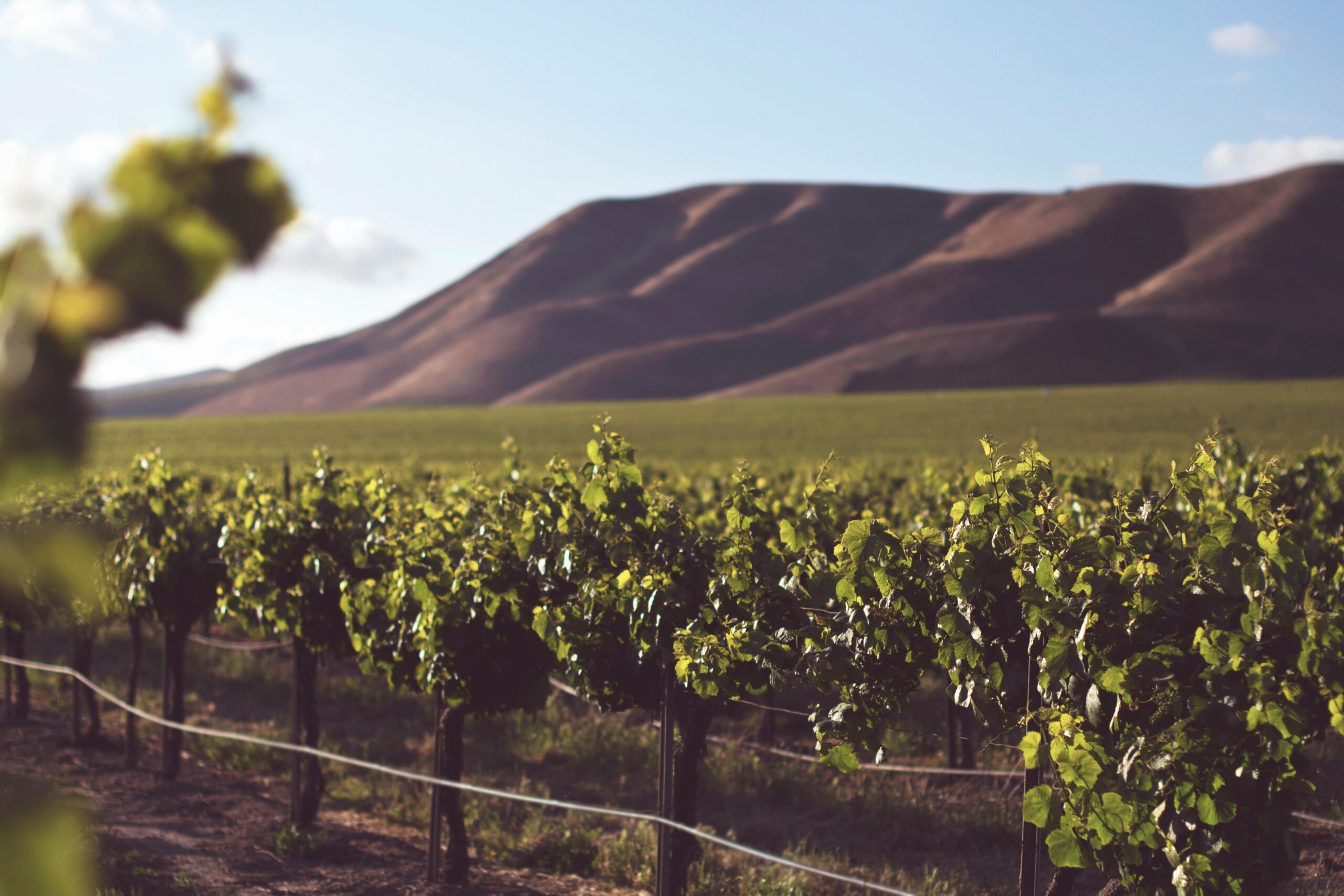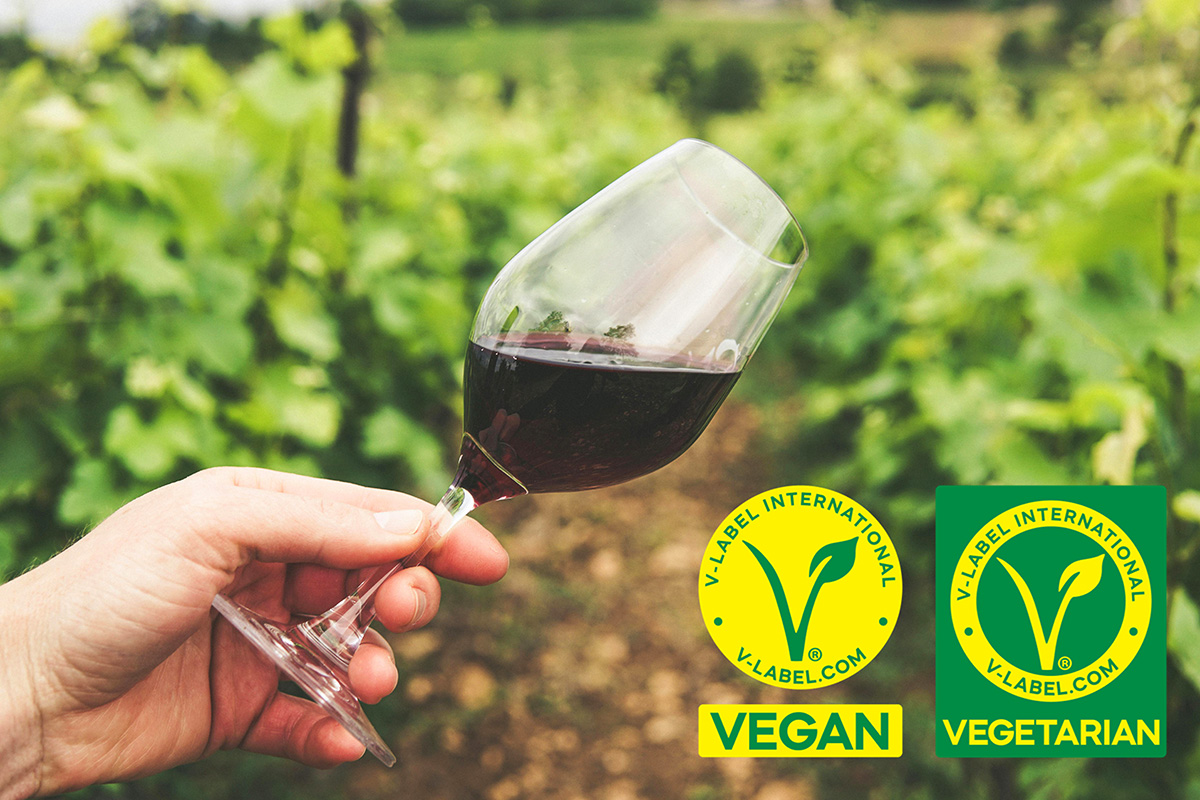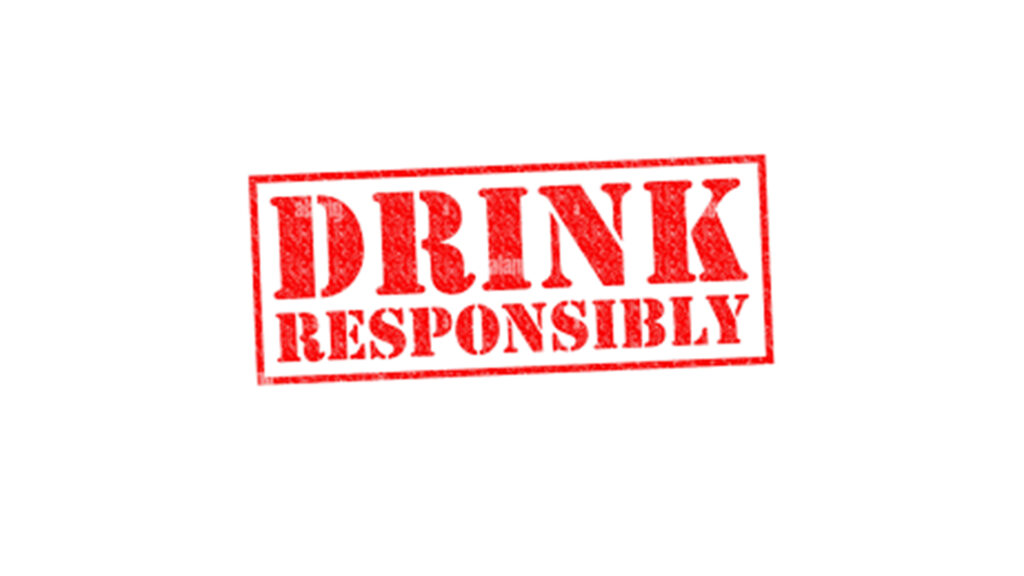Sweet or dry.
We can find it white, red and rosé.
Some are teetotalers while others can become addicted to it.
It is often called “nectar of Bacchus”.
You will have understood by now, we are talking about wine.

Although the best wine varies from palate to palate some wines from Spain, France, Italy, Australia and the USA are included in lists of the world’s best wines.
And while we can be sure that classic wine has been sipped and savoured for thousands of years, the same cannot be said of vegan wines.
In fact, the first attempts to produce the latter occurred during the 1980s – 90s and have only become commonplace in the last two decades in response to the increased demand from vegan and vegetarian consumers.
But what is the difference between these two drinks?
Clarifying agents
The main difference consists of the clarifying agents that are used in production. As the name suggests, they help to improve the clarity and stability of the wine.

Why are they so important for those who want to safeguard the animal world?
Of course wine is produced from grapes, which is totally organic, but the same cannot be said of these agents. In fact, perhaps some are unaware of them, but they are indeed of animal origin.
Albumin, the white of the egg, casein a milk protein, gelatin derived from animal collagen, and fish glue extracted from the swim bladder of fish are a few examples.
And here come the alternatives with which vegan wine can be produced.
Bentonite is a type of clay that absorbs suspended particles and thus helps to clarify both red and white wines. So do vegetable proteins derived from beans or potatoes, for example, used for the same purpose.
Activated carbon is used to remove odours and impurities.
But that is not all.
The environmental impact
Wine production has a significant environmental impact that varies according to agricultural practices, winemaking methods, transport and bottling.

Land turned into vineyards, for example, reduces biodiversity and there is a loss of habitat for many species.
Viticulture also requires a lot of water and this can lead to water stress as well as water availability problems for other crops.
Moreover, the use of pesticides and fertilisers contaminates soil and water.
Packaging, especially glass bottles, is also a big challenge with regard to recycling and disposal.
Therefore, many vegan wine producers do not just use plant-based clarifying agents but adopt sustainable agricultural practices.
In fact, they reduce or eliminate the use of pesticides, use drip irrigators so as not to waste water, use recyclable packaging and install solar panels or other renewable energy sources.
How to recognise a vegan wine?
One way to do so is to read the label or, if we are in a restaurant, we can ask the staff if they have any available; some put it directly on the menu.

Organic wineries
Frey Vineyards was founded in California in 1980 and is the first certified organic winery in the United States.
The winery has avoided the use of pesticides and chemical fertilisers for several years and adopts sustainable and regenerative practices to preserve the health of the soil. It also raises public awareness by organising guided tours.
In the south of France, Robert Eden a British winemaker founded Chateau Maris. They too produce organic and biodynamic wines with full respect for the environment.
Unusual is the creation of an ecological wine cellar made of hemp and lime, thus reducing the carbon footprint.
Hemp, in fact, is a sustainable and insulating material that maintains a stable temperature without the use of additional energy.
In addition, the winery with the planting of trees and hedges has created the perfect habitat for beneficial insects, thus promoting biodiversity.
The oldest family-owned winery in Australia was established in 1849. This winery has implemented sustainable practices at all stages of wine production.
It employs efficient irrigation techniques and harvests rainwater to reduce the use of tap water and uses solar energy to reduce the environmental impact of its operations.
More recently, in 2012, the Oxney Organic Estate was established in the UK.
No synthetic pesticides and fertilisers are used, instead using organic compost and natural pest control methods.
The Bodegas Torres winery founded in 1870 is one of the most prestigious in Spain. It is also famous for its commitment to environmental sustainability. They have reduced their use of water, introduced solar panels, biomass and other forms of renewable energy to power their winemaking operations.
Thoughts
Clearly, these are just a few alternatives, and thanks to the ever-increasing demand from vegans and vegetarians, there is more and more sensitivity on the part of wineries.
Many will agree with this famous phrase: “Drink wine, because water makes you rust”.

So, whether we prefer it sweet or dry, red or white, let’s always remember to drink responsibly not only for our own safety but also for that of the planet that hosts us and the other fantastic specimens that populate it.





